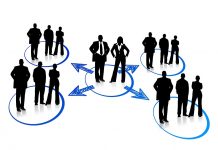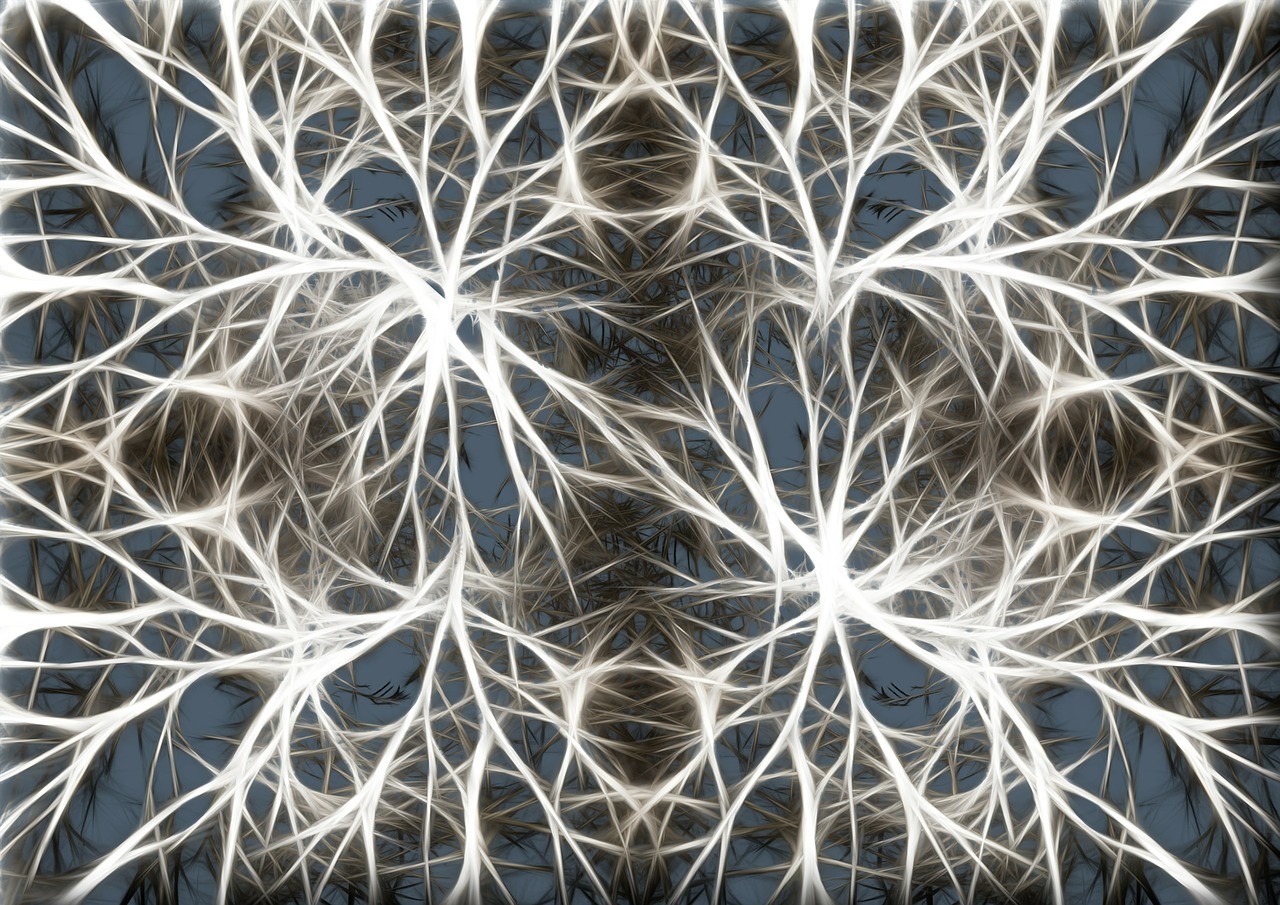Experiences Inform Who We Are
We are the total of our experiences. The things that happen in our lives, both positive and negative, shape who we become in ways many of us cannot fathom. Just like how a fictional character may experience a traumatic event in childhood that affects their entire life, we can be affected forever by an incident, exchange or idea. On a subconscious level, even the most trivial of experiences can have profound long-term consequences.
The reason for this is our brain. We often equate the brain to a supercomputer, with its ability to store massive amounts of information, process data and control our bodies. In truth, the brain is more than that – it’s an intelligence far beyond even the most powerful modern computers. The brain is constantly evolving, creating new neural pathways and altering existing ones based on our ongoing experiences. Even the most advanced forms of artificial intelligence are yet to reach the capabilities of the human brain.
Cataloguing and Caching Information
Each new experience creates a new piece of data for our brain to process, catalogue and link to our internal data network. There is a trade-off, however. Like a computer, our brain will begin to prioritise data that needs to be retrieved with greater frequency. Neuroscientist, Eleanor Maguire, conducted a study on London taxi drivers who are required to have “The Knowledge” – a working knowledge of London, taking in 25,000 streets, tourist attractions and other relevant information.
Evaluating both successful and failed applicants, Eleanor concluded that cabbies who possessed The Knowledge had lower cognitive skills in other areas, such as slower recall of new information. Their brain’s “hard drive”, if you will, stored “The Knowledge” in the equivalent of a computer’s cache for instant access, leading to higher seek times for everything else.
This is something we all deal with. The importance we place on certain information directly correlates to our ability to quickly remember. As the brain rewires itself to link information together, the bits of data that we seldom access are pushed further back. In today’s online world, more people remember their CCV number than their PIN. Back in the 1980s, people would remember lists of phone numbers, but now we rely on technology to do that for us to the extent that few people could even recall the number of a loved one promptly.
The Reward Centre
Our recall ability is also linked to our reward centre. The brain consistently seeks pleasure and enjoyment. Things that bring about greater rewards are placed at the forefront of our network. Consider those cabbies, for example. The Knowledge affords them an income, which allows them to pursue the things in life that they enjoy outside of work. For some, it will be less about the money and more about the opportunities to meet new people and have conversations. Some will simply take enjoyment out of being their own boss.
Once we start to gain an understanding of how the brain works, we can apply this to how we lead our people. Knowing the link between actions and rewards, we might look at how we can create rewarding structures for people. Being mindful of what motivates those we work with allows us to tailor the way we recognise their efforts. Similarly, we can learn not to overburden people with information, so that the critical data has a better chance of being cached in their memory.
For ourselves, we can work on our mindfulness and empathy skills. When our behaviour is informed by our experience, sometimes fixes to negative traits will not be enough. Instead, we can look to learn more about why we think or act a particular way, and look to learn new principles instead of adhering to old ones. Knowing that your brain is malleable, that it can rewrite its commands to adapt gives us the opportunity of refreshing our minds to be faster and more efficient.













